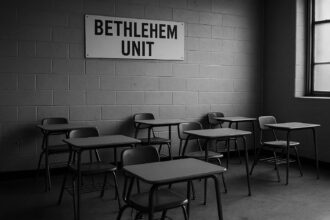Airbnb sets a new policy to ban the use of indoor security cameras in rental properties from April 2024, aiming to enhance guest privacy after concerns over hidden cameras.
Airbnb Implements Ban on Indoor Security Cameras to Enhance Guest Privacy
In a significant policy update, Airbnb has announced a ban on the use of indoor security cameras within rental properties, set to take effect on April 1, 2024. The decision aims to address privacy concerns raised by guests and follows reports of hidden cameras being found in rental accommodations. The updated regulations are designed to prioritize the privacy and security of Airbnb’s global community of users.
Previously, the platform permitted the use of cameras in communal areas under certain conditions. However, the new policy completely prohibits the use of any indoor security cameras, regardless of their purpose or whether they had been previously disclosed to guests. This change is part of Airbnb’s efforts to simplify its regulations and ensure a greater sense of privacy for guests.
While indoor cameras are banned, hosts will still be allowed to use doorbell cameras and decibel monitors, as long as these devices are clearly declared in the property’s listing. Outdoor security cameras can also be used, provided they do not capture the interior of the property or invade areas where guests would expect privacy.
The policy revision was developed in collaboration with guests, hosts, and privacy experts, as stated by Juniper Downs, Airbnb’s Head of Community Policy and Partnerships. The initiative has received support from privacy advocacy groups, including the Surveillance Technology Oversight Project, highlighting the importance of protecting renters from surveillance in temporary accommodations.
Airbnb has encouraged hosts to familiarize themselves with the new guidelines and make any necessary adjustments to their listings before the policy becomes effective in April 2024. This move is seen as a step forward in balancing the need for property security with the respect for guest privacy.













